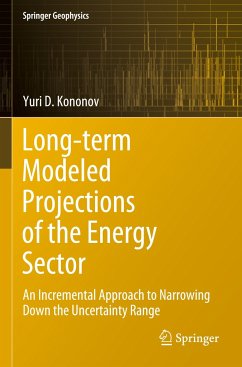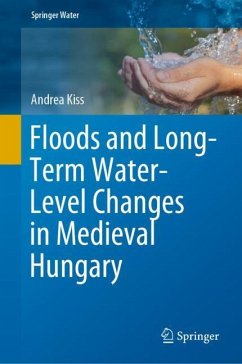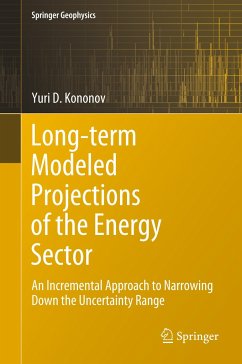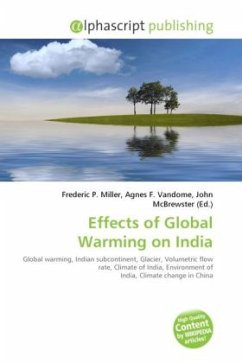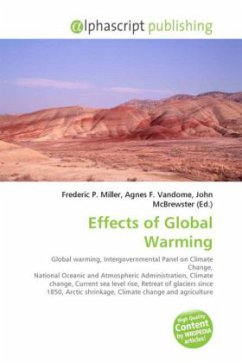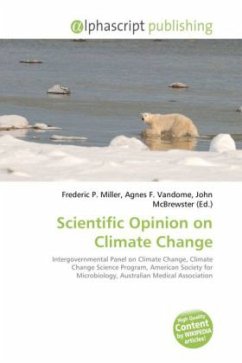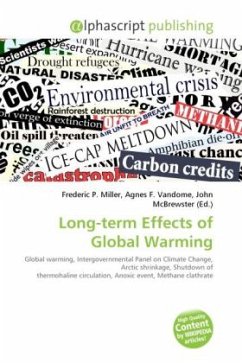
Long-term Effects of Global Warming
Versandkostenfrei!
Versandfertig in 6-10 Tagen
23,99 €
inkl. MwSt.

PAYBACK Punkte
12 °P sammeln!
High Quality Content by WIKIPEDIA articles! Global warming is expected to have a variety of effects which do not manifest themselves within a human lifetime. Most discussion and research, including that by the Intergovernmental Panel on Climate Change reports, concentrates on the effects of global warming up to 2100, with only an outline of the effects beyond this. The focus of this article is on the effects of global warming beyond this timescale. Meltwater from melting ice sheets and glacier retreat contributes to sea level rise. Concern has been expressed about the stability of the West Ant...
High Quality Content by WIKIPEDIA articles! Global warming is expected to have a variety of effects which do not manifest themselves within a human lifetime. Most discussion and research, including that by the Intergovernmental Panel on Climate Change reports, concentrates on the effects of global warming up to 2100, with only an outline of the effects beyond this. The focus of this article is on the effects of global warming beyond this timescale. Meltwater from melting ice sheets and glacier retreat contributes to sea level rise. Concern has been expressed about the stability of the West Antarctic ice sheet. Vaughan & Spouge argued that the "WAIS most likely will not collapse in the next few centuries." In a recent inaugural article for members of the National Academy of Sciences elected in 2005, Timothy Lenton and others suggest that a collapse of the West Antarctic ice sheet could occur within a millennium. Specifically they state "Although the timescale is highly uncertain, a qualitative WAIS change could occur within this millennium, with collapse within 300 years being a worst-case scenario.



